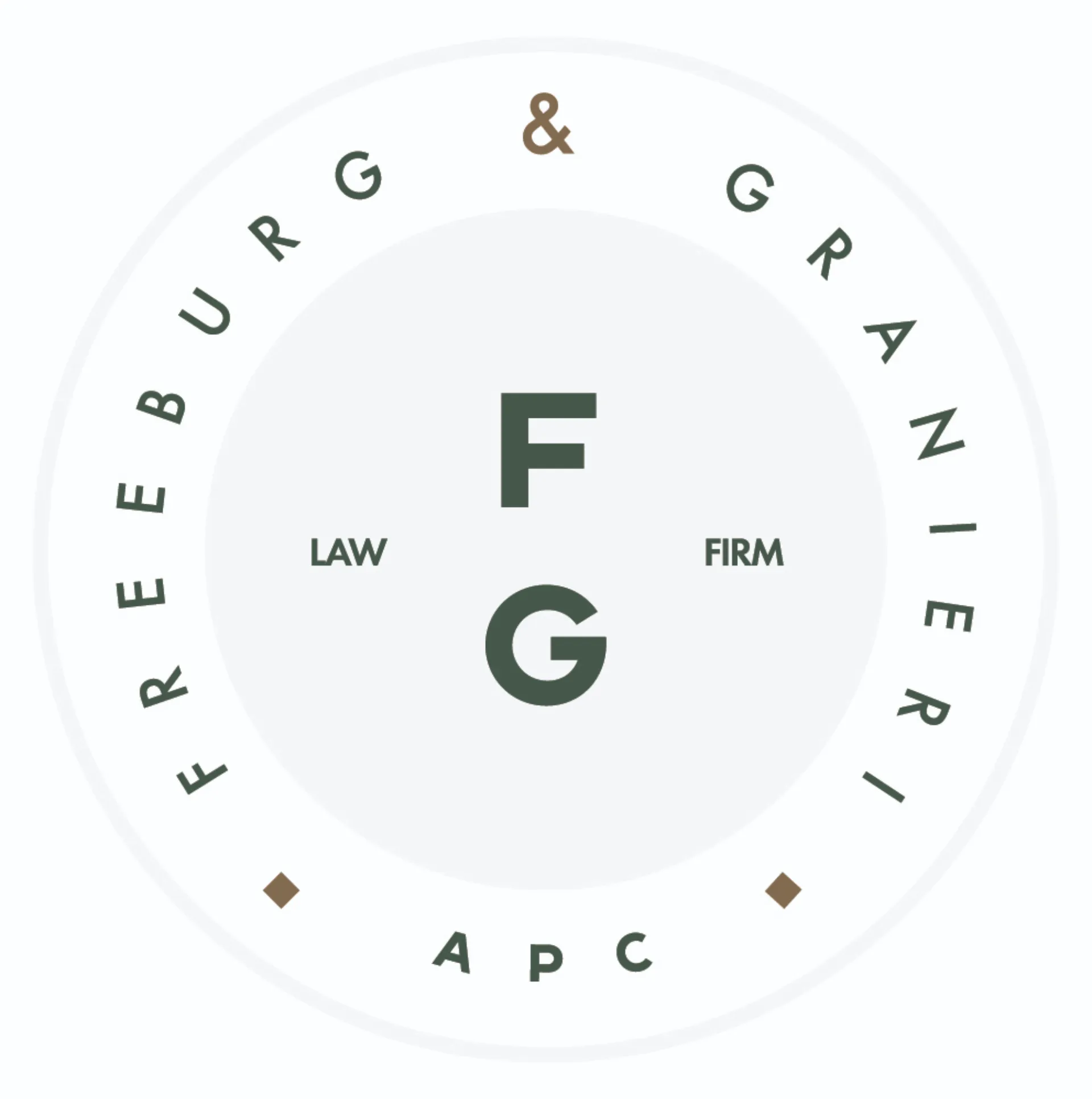
This blog post provides information on the exemption from minimum wage and overtime law provided by the Fair Labor Standards Act (FLSA) and California law, as applied to creative employees.
State and federal law require that most employees in the United States be paid at least the federal minimum wage for all hours worked and paid overtime at not less than time and one-half the regular rate of pay for all hours worked over 40 hours in a workweek - or 8 hours a day or 40 hours a week for California employees.
However, the FLSA and California law provide an exemption from both minimum wage and overtime pay for employees employed as bona fide professional employees. To qualify for exemption, employees generally must meet certain tests regarding their job duties and be paid on a salary or fee basis at a specific rate. Job titles do not determine exempt status. In order for an exemption to apply, an employee’s job duties and salary must meet all the requirements.
The specific requirements for exemption as a bona fide creative professionals are summarized below.
To qualify for the creative professional employee exemption, all of the following tests must be met:
The creative professional exemption also does not apply to work which can be produced by a person with general manual or intellectual ability and training.
This requirement distinguishes the creative professions from work that primarily depends on intelligence, diligence and accuracy. Exempt creative professional status depends on the extent of the invention, imagination, originality or talent exercised by the employee.
The duties of employees vary widely, and exemption as a creative professional depends on the extent of the invention, imagination, originality or talent exercised by the employee. Generally, an exempt creative professional is someone who is actually making and designing the art.
Whether the exemption applies, therefore, must be determined on a case-by-case basis. The requirements are generally met by actors, musicians, composers, conductors, and soloists; painters who at most are given the subject matter of their painting; cartoonists who are merely told the title or underlying concept of a cartoon and must rely on their own creative ability to express the concept; essayists, novelists, short-story writers and screen-play writers who choose their own subjects and hand in a finished piece of work to their employers (the majority of such persons are, of course, not employees but self-employed); and persons holding the more responsible writing positions in advertising agencies.
Recognized fields of artistic or creative endeavor include fields such as, for example, music, writing, acting and the graphic arts. Classifying your employees based on the learned professional exemption requires careful consideration, especially for positions in the same or similar job function. Consider the following examples in journalism and teaching.
Those modifying or correcting someone else's original art or work generally are not exempt under the creative professional exemption.
Journalists may satisfy the duties requirements for the creative professional exemption if their primary duty is work requiring invention, imagination, originality or talent. Journalists are not exempt creative professionals if they only collect, organize and record information that is routine or already public, or if they do not contribute a unique interpretation or analysis to a news product.
Thus, for example, newspaper reporters who merely rewrite press releases or who write standard recounts of public information by gathering facts on routine community events are not exempt creative professionals. Reporters also do not qualify as exempt creative professionals if their work product is subject to substantial control by the employer.
This requirement generally is also not met by a person who is employed as a copyist, as an “animator” of motion-picture cartoons, or as a retoucher of photographs, since such work is not properly described as creative in character.
However, journalists may qualify as exempt creative professionals if their primary duty is performing on the air in radio, television or other electronic media; conducting investigative interviews; analyzing or interpreting public events; writing editorials, opinion columns or other commentary; or acting as a narrator or commentator. Each of these creative professionals demonstrate creative intellectual ability and would qualify them for a creative professional exemption.
Journalists performing “context” reporting arguably exercise more control and creativity over their stories and articles than traditional reporters did under more tight control by their employer. The “context” reporting style, while not in itself decisive, is more likely to render a journalist using it subject to the creative professional exemption based upon the use of invention, imagination and originality.
Very few employees are exempt from California wage and hour law under the creative professional exemption.
A non-exempt employee who is misclassified as exempt can sue their employer for unpaid overtime and minimum wages. The employee can receive overtime pay and can also sue for interest and attorney’s fees and litigation costs.
Do you need help determining your exempt or nonexempt status? Contact us at Freeburg & Granieri, APC, today!
Our clients become friends, confidants, and repeat customers. Former clients are our best referral source.
Do not be a commodity, find an attorney who treats your legal issue with the care it deserves.
